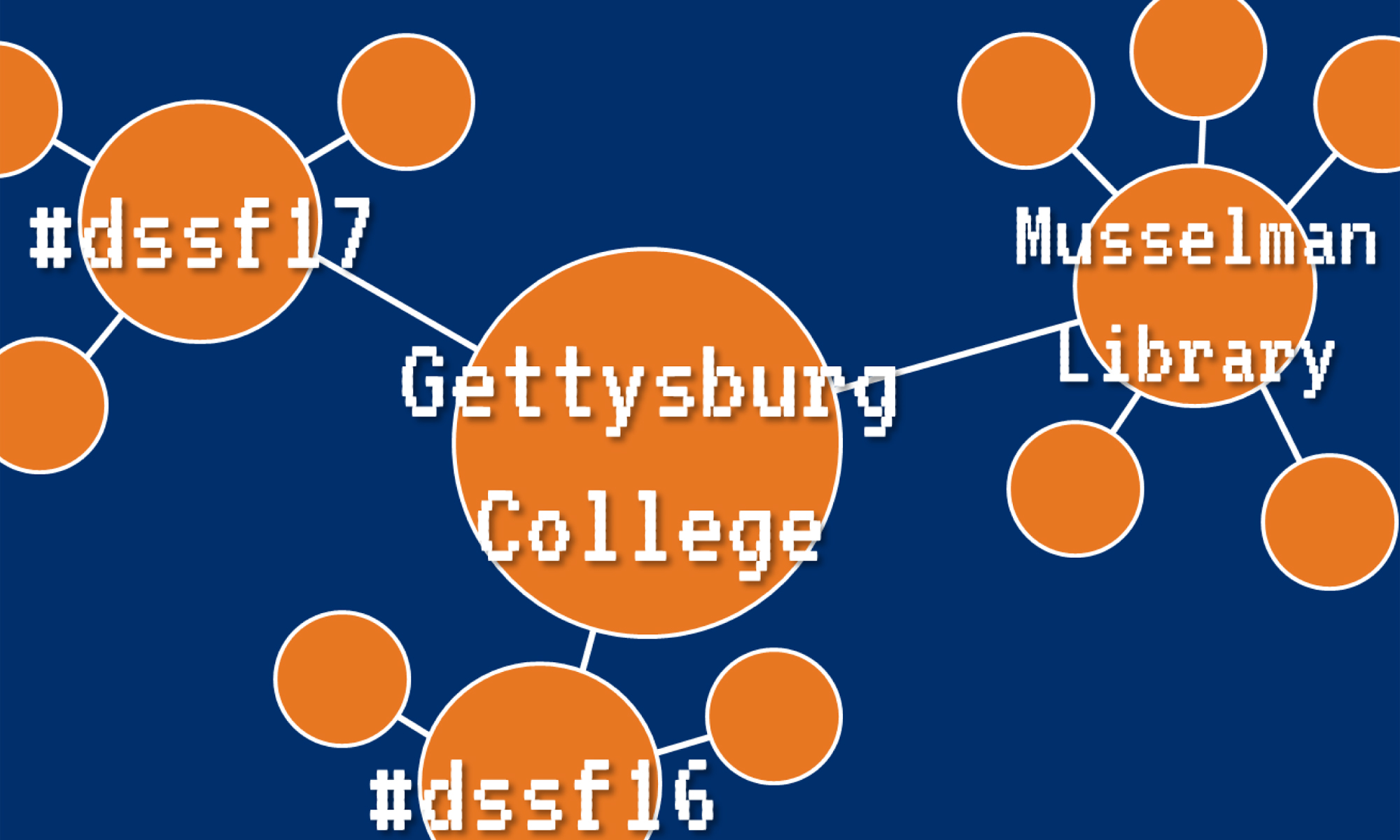Blog Post: Due Monday, July 10
Technology, especially in higher education, is often disruptive and intrusive; similarly, Digital Humanities is sometimes viewed as a disruptive way of doing research in the humanities. There can be a lot of pushback from traditional humanists who see DH as reducing their work to just bits of data and its manipulation, which is seen as not being as valuable as reading and writing traditional research.
In light of last week’s blog post, read Matthew Kirschenbaum’s “Am I a Digital Humanist? Confessions of a Neoliberal Tool” and Roopika Risam’s “Digital Humanities in Other Contexts” as counterpoints to the LARB article. Are their views more in line with how you view Digital Humanities/Scholarship? Why do you think Digital Humanities provokes such strong reactions from both its practitioners and detractors (who are sometimes the same people)? Do you ever see “digital” being dropped from Digital Humanities, and it just is doing the humanities?
Monday, July 3
Independence Day (Off)
Tuesday, July 4
Independence Day (Off)
Wednesday, July 5
8:30am-9am: Check-In (Library 014)
9am-Noon: Research/Project Work (on your own)
Noon-1pm: DSSF Lunch (TBD)
1pm-4:30pm: 3D Printing Lab (West Building)
And now for something completely different … today we will take a field trip to the West Building to have a 3D printing workshop with Eric Remy from Educational Technology. This is a chance to have a little fun!
Readings and Assignments
- None, bring your imagination!
Thursday, July 6
8:30am-9am: Check-In (Library 014)
9am-Noon: Text Analysis in Digital Scholarship (Library 014, Public Session)
Text analysis in digital scholarship takes large bodies of texts (corpora) and uses digital tools to find relationships between words and concepts. This sort of analysis has been happening for decades, to the point where the first thing many scholars think about when discussing digital humanities is text analysis. While it is difficult to learn, projects like Google’s Ngram Viewer has made working with texts easier. Today, we’ll look at some text analysis projects and the tools behind them, including Voyant Tools.
Readings and Assignments
- Look at Project Gutenberg and find a couple of documents you are interesting in analyzing. Longer is usually more interesting!
- Kaylin, Walker. “50 Years of Pop Music” and “Text Mining South Park.”
- Walsh, Brandon, and Sarah Horowitz. “An Introduction to Text Analysis.” Read the following chapters/sections. You do not have to do the exercises if they are part of a chapter. This may seem like a lot, but it will help you get started with the session a lot easier:
Friday, July 7
8:30am-9am: Check-In (Library 014)
Rescheduling: 9am-Noon: Workshop: Network Analysis (Library 014, Public Session)
Similar to text analysis, network analysis is a way to find relationships; however, with network analysis, you are using a dataset that you have created (or found), structured, and cleaned, and you want to figure out how the different pieces are connected. Think of it along the lines of the game Six Degrees of Kevin Bacon … if you’ve ever played this, you’ve already done network analysis! Today we will look at a few different ways network analysis is used and try doing a basic network analysis project with Twitter data.
Readings and Assignments
- Grandjean, Martin. “A Social Network Analysis of Twitter: Mapping the Digital Humanities Community.”
- Weingart, Scott. “Demystifying Networks.”
- Take a look at some of the following projects:
- Six Degrees of Francis Bacon (Carnegie Mellon)
- Network Theory, Plot Analysis (Franco Moretti/Stanford University)
- Star Wars Social Networks (Evelina Gabasova)
- Social Graphs in 700 Movies
- Grey’s Anatomy Hookups
- Grey’s Anatomy Hookups, Revisited
- They Rule
- Race film industry
